Greater Manchester Bee Network a new dawn - mayor
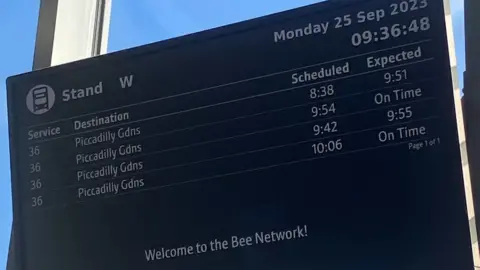 BBC
BBCA return of locally-regulated buses is a new dawn for English public transport, Greater Manchester's mayor Andy Burnham says.
The Bee Network is being phased in across the region and is the first outside London to have a regulated bus system since the 1980s.
Mr Burnham, who said fares were being cut by 20%, hopes the rest of the country will follow suit.
But there were teething issues, as some buses arrived late or did not turn up.
Up to 50 new yellow electric buses have started operating in Bolton, Wigan and parts of Salford and Bury, with the rest of the rollout across the region due to be completed by 2025.
Mr Burnham, who has made it clear operators are accountable if bus are late or don't turn up, apologised for the delays passengers faced on the first full day of operation.
'App wasn't correct'
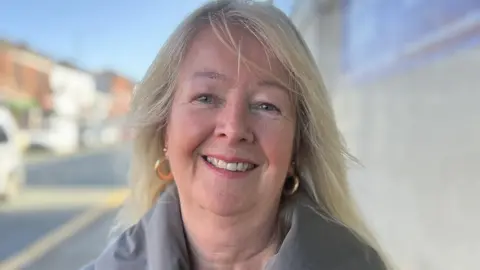
Susan Taylor from Atherton regularly travels to Manchester Royal Infirmary from Atherton, which currently involves travelling on two routes.
She said she would use the new service "most weeks", but stressed it was most important the new network was "on time and reliable".
Marian Coburn was earlier trying to get the hourly service to Leigh Hospital that she said didn't turn up.
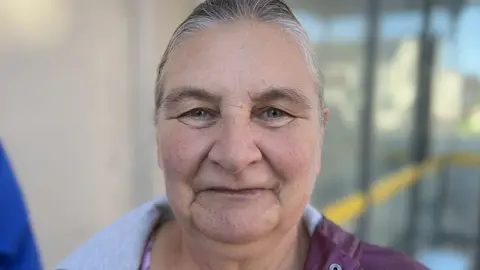
She said it "wasn't the best start" for the new network.
"I've heard people say that on the Manchester service yesterday two didn't turn up, so they had to get a taxi and they were late for work," she said.
Steven Gore, from Atherton, started using his car more during the pandemic, but left it at home to try the new service.
"They're saying it'll be every 12 minutes from Bolton to Leigh, so I'm hoping they'll keep to that and I'll use it more often", he said.
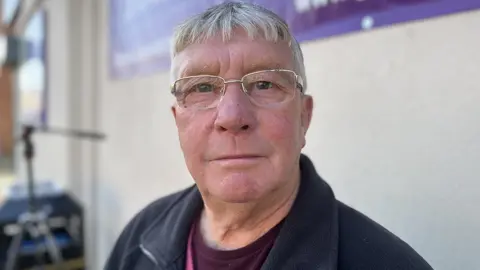
And BBC Radio Manchester reporter Richard Stead said various buses had failed to arrive at Bolton Interchange, where he waited 23 minutes for a service to travel just four miles.
"When I arrived, the real-time information on the Bee Network App wasn't correct," he said.
"It claimed buses were arriving, when they weren't. Some bus services were more than an hour late."
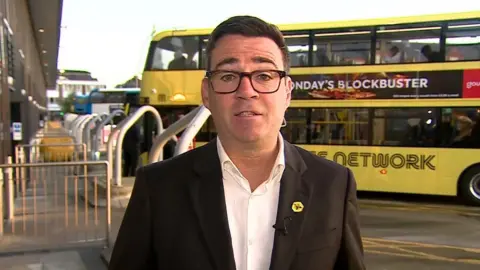
Mr Burnham said: "I'd like to apologise straight off to anybody who's been affected by late-running services or services not turning up, but I would ask that they understand the scale of what we've had to do in the last 48 hours."
He earlier explained the network's inception comes four decades after the last time bus services were in public hands.
"In that time routes were cut, fares went up and passenger numbers halved," he said.
"[But this] will be a regulated system that will put the public interest first. If buses don't turn up on time or don't turn up at all there will be consequences for the operators.
'Get people out of cars'
"We are cutting the cost of fares across Greater Manchester by 20% offering new combined bus and tram tickets so moving very much towards the London model that works so well."
Mr Burnham said the network going into operation was "a hugely significant moment".
"It's about public transport having the public interest back at its heart," he continued.
"It's about getting people out of their cars using buses and trams."
A Department for Transport spokeswoman said: "We're supporting passengers and local economies by investing £3.5bn into England's buses, protecting routes and capping fares at £2.50 until the end of November 2024."

Why not follow BBC North West on Facebook, X and Instagram? You can also send story ideas to [email protected]
